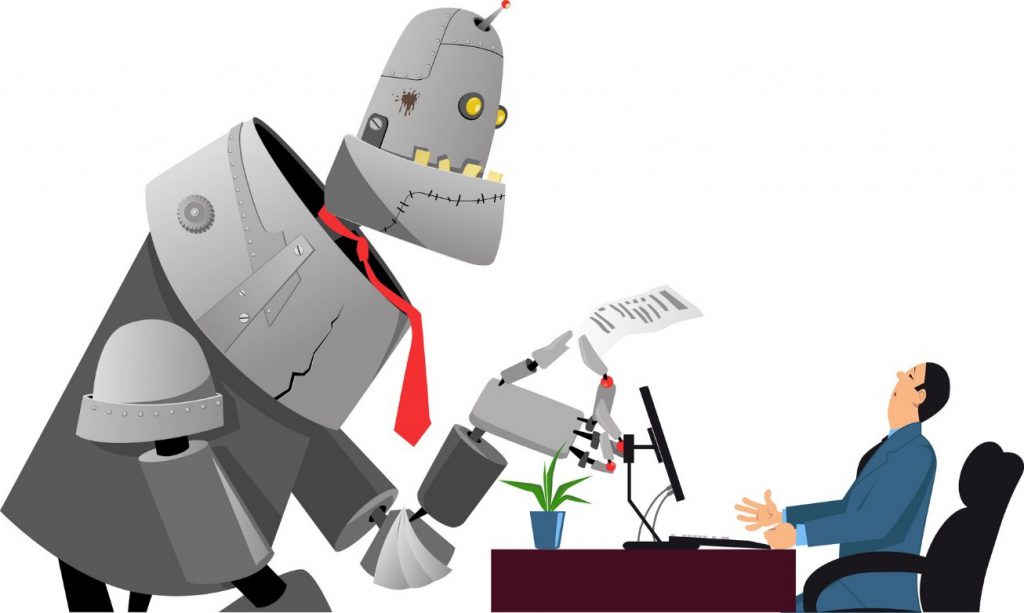Not just science fiction: How AI is already changing our lives
The idea of artificial intelligence (AI) has long been confined to pop culture and science fiction. As it shifts into real life, there’s little wonder it’s been accompanied by feelings of unease – after all, if machines are becoming more intelligent, where will that leave us? 
The answer is that humans and machines are far more effective working together than apart. The goal of AI should be to build intelligence that augments human abilities and experiences. We need to take human capabilities of creativity, empathy, emotion, physicality and insight, and combine these with powerful AI functionality for optimal outcomes. If we can get this right, AI has the potential to help us solve some of society’s greatest challenges.
If this still sounds like something out of a sci-fi movie, think again. AI is already affecting you – here’s where you’re likely to find it.
From virtual assistants to virtual tour guides
We already use virtual assistants to predict when we need to leave to get to a meeting, or what items on our calendars to prioritise. We also use AI every day to recognise faces when tagging friends in Facebook photos.
But AI goes beyond making our personal lives simpler
One of the biggest areas of impact for AI is healthcare. AI building intelligent healthcare systems by empowering physicians with predictive data, helping them provide preventative care and predict disease outbreaks. Simultaneously, individuals have the necessary information to make better health decisions. 
There is already an app that offers online medical consultations, based on symptoms you report. It checks them against a database of diseases and the patient’s history to provide an appropriate course of action. The app also sends medication reminders and follows up on how patients are doing.
In Africa, AI is being used to combat poaching. Through machine learning, apps use previous data patterns of where poaching incidents occur, to make predictions on where the next incident is likely to happen and map out the best patrol routes for rangers.
It's exciting to see the impact of AI beyond the realms of science fiction. It’s here, and people are already benefiting from it. While we are certainly still in the early stages of AI development, it’s encouraging that organisations around the world are thinking about how it could affect their business.
For example, the automotive industry is gearing up for an increased use of AI, with Toyota announcing a five-year, $1 billion investment in AI research. The potential is for a car’s technology, which currently works in isolation, to connect with the space around it to create a “cognitive car” that reacts to its environment.
An intelligent and natural extension of what we do
AI is designed to assist humanity; to empower people, improve business, reinvent healthcare and transform transportation. It’s a reality, and far from being “artificial”, it’s an intelligent and a natural extension of what we do as humans.
We’re only just beginning to see AI’s impact on our daily lives, but companies from startups to global organisations around the world are already embracing it to stay ahead.
With this in mind, it’s likely to become an even greater part of our lives, with the potential to have a hugely positive impact.